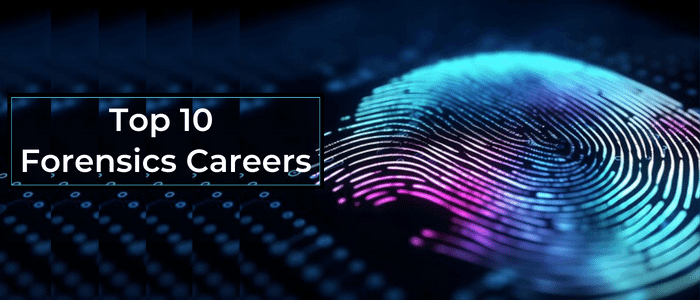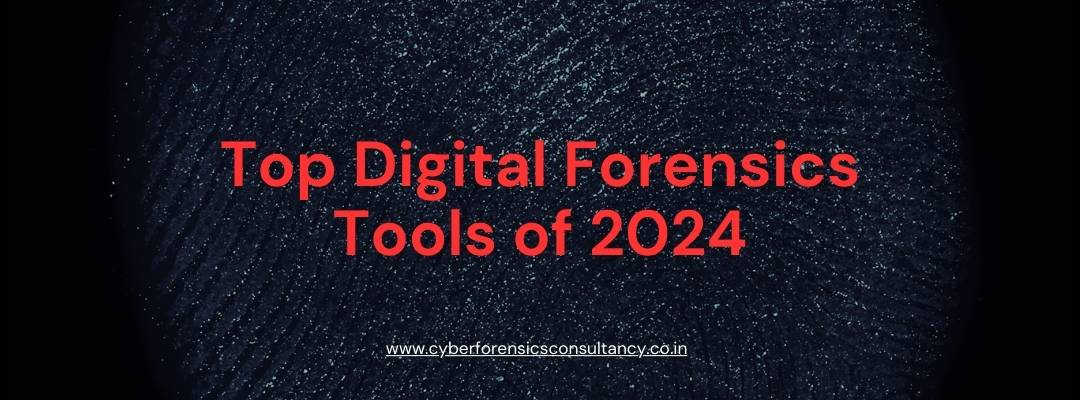
Top 10 Forensics Careers: Which One is Right for You?
Are you a fan of crime shows, mystery novels, and a healthy dose of science? Well, you’re in for a treat, because today we’re delving into the exciting world of forensics careers. In this article, we’ll explore the top 10 forensics careers, their responsibilities, education, and training requirements, and help you figure out which one might be your true calling.
Importance of a Career in Forensics
First things first, why should you consider a career in forensic science? Well, it’s not all just about the flashy crime scene investigations you see on TV. Forensics plays a critical role in our justice system, helping to solve crimes and deliver justice. Plus, it’s one of the most fascinating fields out there, where you get to use science to uncover the truth and make a real impact on society.
Forensic careers are essential for preserving and analyzing evidence, be it in criminal cases or accidents. They help law enforcement agencies, attorneys, and other professionals to build solid cases. Think of them as the unsung heroes of the criminal justice system.
So, if you’re ready to dive into the exciting world of forensics, let’s explore the top 10 careers in this field.
Top 10 Forensics Careers
1. Crime Scene Investigator (CSI)
Responsibilities: CSI professionals are the real-life Sherlock Holmes. They arrive at crime scenes, gather evidence, document the scene, and ensure that nothing goes unnoticed. They collect physical evidence like fingerprints, blood, and hair, and make sure it’s properly preserved and sent for analysis.
Education and Training Requirements: A bachelor’s degree in forensic science or a related field is a common requirement. You might also need on-the-job training or an internship. It’s crucial to have a keen eye for detail, as well as the ability to handle stress and gruesome scenes. A magnifying glass and a cool detective hat are optional but fun!
2. Forensic Scientist
Responsibilities: Forensic scientists are like the scientific wizards of the forensics world. They work in labs, analyzing physical evidence collected from crime scenes. This includes DNA, toxicology, ballistics, and more. Their findings often serve as crucial evidence in court.
Education and Training Requirements: A bachelor’s degree in a science-related field is a must, and many forensic scientists go on to get a master’s or Ph.D. for specialized roles. Be prepared for a lot of lab work and maybe even a white lab coat. A magic wand is, unfortunately, not part of the deal.
3. Forensic Pathologist
Responsibilities: Ever wondered what happens after a crime scene investigation? Forensic pathologists step in to examine the deceased, performing autopsies to determine the cause and manner of death. They work closely with law enforcement to provide insights into the circumstances surrounding a death.
Education and Training Requirements: Becoming a forensic pathologist is a long and winding road. It requires a medical degree (MD or DO) followed by a residency in pathology and a fellowship in forensic pathology. Expect years of medical school and lots of hands-on experience with cadavers. A fascination with the macabre is a bonus!
4. Forensic Accountant
Responsibilities: Not all forensics careers involve crime scenes and dead bodies. Forensic accountants work with financial records to investigate fraud, embezzlement, and financial crimes. They follow the money trail and help uncover white-collar criminals.
Education and Training Requirements: A bachelor’s degree in accounting, finance, or a related field is a must. Many forensic accountants also pursue certification as a Certified Fraud Examiner (CFE). You won’t need a magnifying glass for this one, but a sharp eye for numbers is essential.
5. Digital Forensics Analyst
Responsibilities: In our digital age, crime has gone high-tech. Digital forensics analysts recover and analyze data from computers, smartphones, and other electronic devices to uncover cybercrimes, hacking, and digital fraud.
Education and Training Requirements: A bachelor’s degree in computer science, cybersecurity, or a related field is typically required. Staying up to date with the ever-evolving world of technology is a must. Don’t forget to bring your favorite hoodie and a knack for deciphering complex code!
6. Forensic Odontologist
Responsibilities: Did you know that your teeth can help solve crimes? Forensic odontologists use dental records to identify human remains and bite marks, which can be crucial in criminal cases. Their work often leads to identifying missing persons and confirming the identity of deceased individuals.
Education and Training Requirements: After completing dental school, aspiring forensic odontologists need to gain experience in general dentistry before specializing in forensic odontology. An eye for detail and a fascination with teeth are a must!
7. Forensic Anthropologist
Responsibilities: Forensic anthropologists are the bone experts. They examine skeletal remains to determine a person’s age, sex, ancestry, and cause of death. They work closely with law enforcement and can help solve crimes or identify human remains.
Education and Training Requirements: A master’s or Ph.D. in anthropology with a specialization in forensic anthropology is typically required. You’ll also need strong analytical skills and a passion for unraveling the mysteries of the past.
8. Forensic Psychologist
Responsibilities: Forensic psychologists are like profilers you see in crime shows. They delve into the minds of criminals to help create psychological profiles, assess competency, and provide expert testimony in court. They play a crucial role in understanding criminal behavior.
Education and Training Requirements: A doctoral degree in psychology is a must, along with state licensure. You’ll also need a strong stomach and the ability to keep your cool while working with some seriously unsavory characters.
9. Forensic Nurse
Responsibilities: Forensic nurses bridge the gap between healthcare and the criminal justice system. They collect evidence from victims of sexual assault, abuse, or other crimes, and their findings can be essential in prosecuting offenders. They provide compassionate care while ensuring evidence is properly preserved.
Education and Training Requirements: To become a forensic nurse, you’ll need to start as a registered nurse (RN) and then pursue additional training and certification in forensic nursing. A caring nature and a strong stomach are vital for this role.
10. Firearm and Toolmark Examiner
Responsibilities: If you’ve ever wanted to be a ballistics expert, this is your chance. Firearm and tool mark examiners analyze bullets, casings, and tool marks to link them to firearms or tools used in crimes. They play a critical role in criminal investigations, particularly in shooting cases.
Education and Training Requirements: A bachelor’s degree in a related field is typically required, and on-the-job training is essential to become proficient in the analysis of firearms and tool marks. A steady hand and a love for precision are key to this career.
Conclusion
So, which forensics career is right for you? Whether you’re drawn to the gritty crime scenes, fascinated by the mysteries of the human body, or intrigued by the digital world, there’s a forensics career that suits your interests and skills. It’s essential to consider your education, training, and your passion when making this decision.
Remember, the world of forensics is vast and ever-evolving, and it offers a chance to make a real impact on society by uncovering the truth and delivering justice. So, grab your magnifying glass, microscope, or laptop, and embark on a fascinating journey into the world of forensics.
Resources for Learning More About Forensics Careers
If you’re eager to learn more about the world of forensics careers, here are some valuable resources to help you get started:
- American Academy of Forensic Sciences (AAFS): A professional organization with resources on various forensic science disciplines.
- National Institute of Justice (NIJ): Offers research and funding opportunities in the field of forensic science.
- Forensic Science Foundation: Provides scholarships and educational resources for aspiring forensic scientists.
- The Crime Scene Investigator Network: A community for CSI professionals with forums, articles, and training resources.
- American Board of Forensic Odontology (ABFO): Information and guidance for those interested in becoming forensic odontologists.
- The American Psychological Association (APA): For those interested in forensic psychology, the APA offers resources and information on the field.
- The International Association of Forensic Nurses (IAFN): Resources and education for forensic nursing careers.
So, go ahead and explore the fascinating world of forensics careers and find the one that’s the perfect match for you. Who knows, you might just be the next great detective, scientist, or analyst, helping to bring criminals to justice and solve mysteries that baffle the rest of us.


